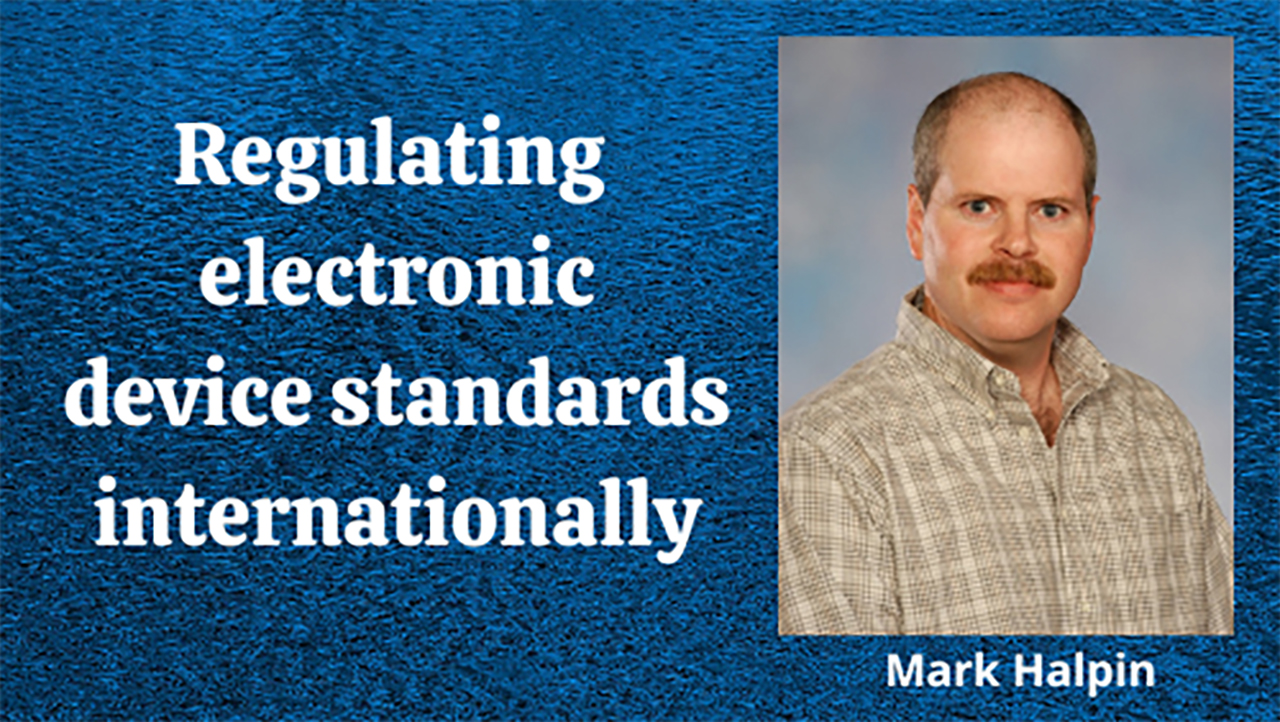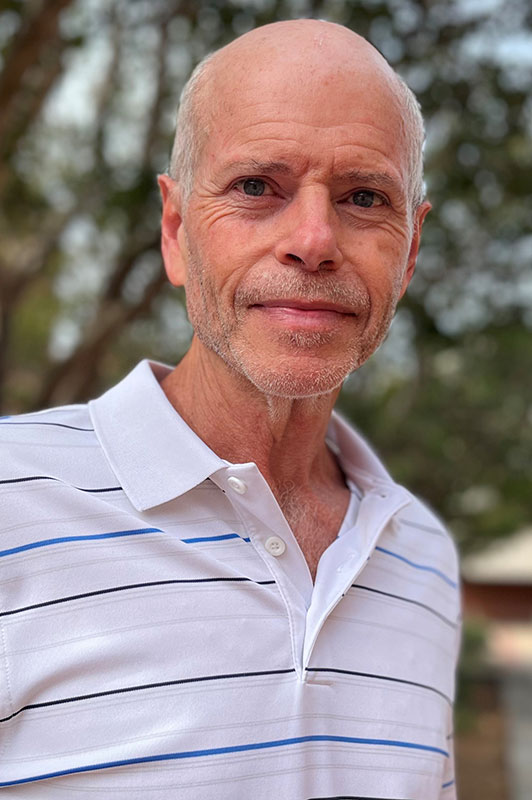Electrical engineering professor named chair of International Electrotechnical Commission
Published: Aug 8, 2022 7:45 AM
By Joe McAdory
Mark Halpin, Alabama Power Distinguished Professor in electrical engineering, has been elected chair of major group responsible for the development of international standards for the International Electrotechnical Commission (IEC).
In this position, he will oversee one of the world’s largest electrical standards development groups, which identifies best practices and provides standardization guidelines, rules and definitions used in designing and manufacturing electrical and electronic devices and systems.
“I’m honored to have an opportunity to make a difference on this international commission,” said Halpin, an IEEE Fellow whose research focus includes power quality and electromagnetic compatibility within the electric utility industry. “The most gratifying aspect of this position is that I can bring what I’ve learned back home to the state of Alabama and help from economic development point of view. Think about the multi-national companies we’ve had move in, particularly in the steel and automobile industries.”
The IEC facilitates technical innovation, affordable infrastructure development, efficient and sustainable energy access, smart urbanization and transportation systems, climate change mitigation, and increases the safety of people and the environment.
For example, one issue in the home is electromagnetic compatibility between appliances, televisions, Wi-Fi routers or other smart devices. Halpin said it’s not only important they function correctly, but that they do not negatively impact one another in some form of electromagnetic crossover. That’s where design uniformity and standardization come into play.
“Smart houses are becoming more common,” he said. “But if these smart devices are not engineered in a uniform manner, then we’re opening ourselves up to problems. The same can be said for neighbors affecting other neighbors or industries affecting other industries, all via the power lines which connected everything together.”
Halpin’s contributions to power systems engineering are meritorious. Not only did he receive the IEEE IAS Outstanding Young Member Award and IEEE Third Millennium Medal in 1998, but his work in the IEEE Power Engineering and IEEE Industry Applications Societies resulted in the creation of almost 40 IEEE power standards. He also received the IEEE Charles Proteus Steinmetz award in 2006 for contributions to standardization.
Halpin, who earned undergraduate and graduate degrees in electrical engineering at Auburn, said his appointment as a U.S. citizen was “unprecedented” by the international commission.
“We mostly do our own thing here in the Americas (regarding electrical device standards),” he said. “But I can be a neutral referee in the international community as this basically boils down to conflict resolution. When you’re trying to identify best practices, there are many competing opinions. All the big industries and utility companies have their expert representatives involved and they want decisions to go in ways that are profitable for them. These definitions of best practices aren’t always black and white, and there’s a lot of data and opinions that can be manipulated in different ways. My job will not be so much technical and digital as it will be negotiating compromise among multinational giants.
“Ultimately, you have to make a decision and that’s the leadership that I can provide.”
Media Contact: , jem0040@auburn.edu, 3348443447
Mark Halpin will have the opportunity to help regulate how common electrical devices are designed.


